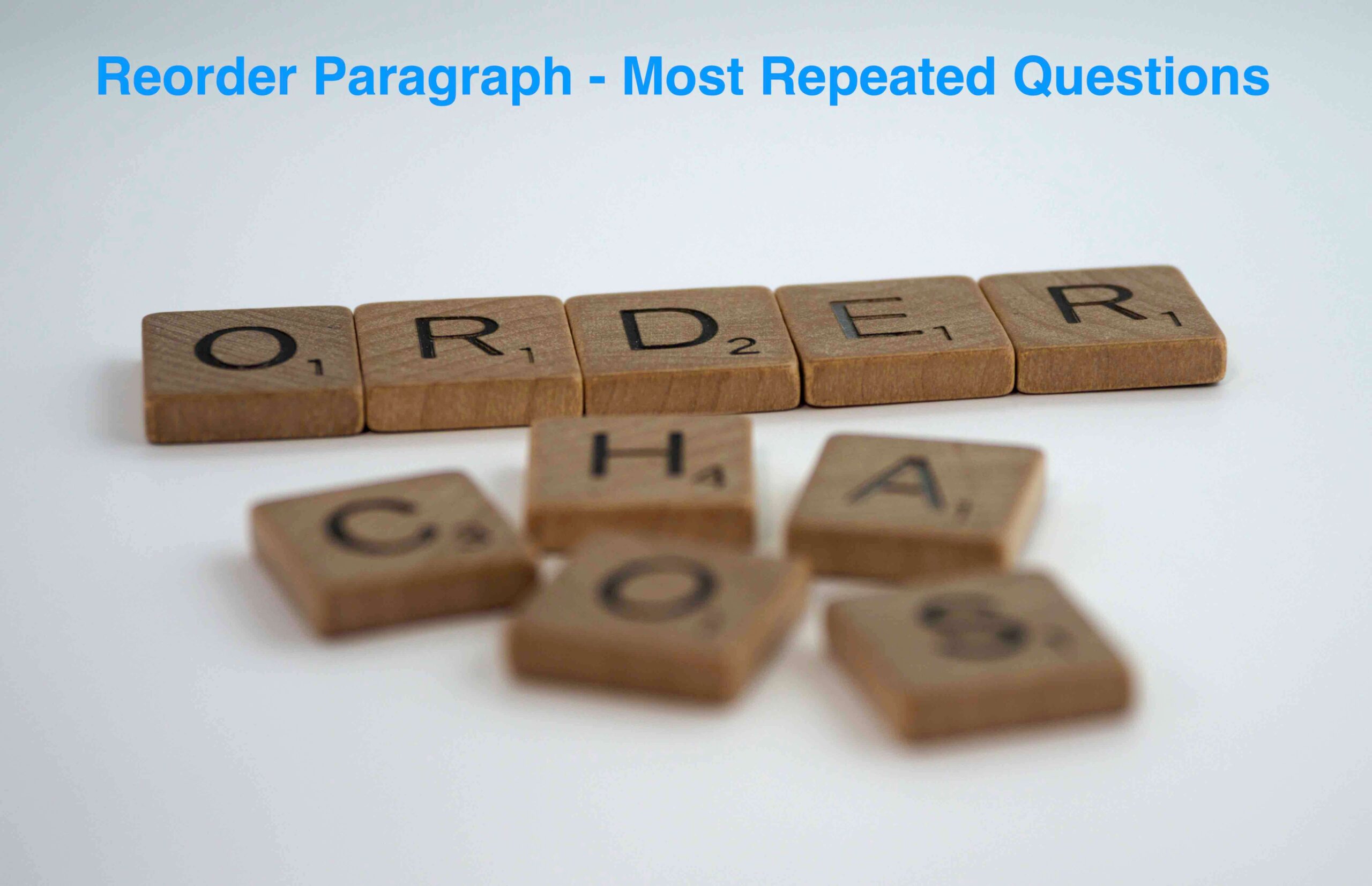Reading Drag and Drop FIBs Instruction:
Below is text with blanks. Click on each blank, a list of choices will appear. Select the appropriate answer for each blank.
Question1
Your teenage daughter gets top marks in school, captains the debate team, and volunteers at a shelter for homeless people. But while driving the family car, she text-messages her best friend and rear-ends another vehicle.
How can teens be so clever, accomplished, and responsible — and reckless ? Easily, according to two physicians at Children’s Hospital Boston and Harvard Medical School (HMS) who have been the structure and chemistry of the brain. “The teenage brain is not just an adult brain with fewer miles on it,” says Frances E. Jensen, a professor of neurology. “It’s a paradoxical timeof . These are people with very brains, but they’re not quite sure what to do with them.”
In animals, movement is coordinated by a cluster of neurons in the spinal cord called the Central Pattern Generator (CPG). This produces signals that drive muscles to rhythmically in a way that produces running or walking, depending on the of pulses. A simple signal from the brain instructs the CPG to switch between different , such as going from a standstill to walking.
Development developing contraction explored chemical
running adult respectively modes pattern
contract sharp contact exploring unique
adolescent at the same time

Question2
Now that doesn’t mean that plainness is the only good style, or that you should become a to spare, unadorned writing. Formality and ornateness have their place, and in hands complexity can carry us on a dizzying, breathtaking journey. But most students, most of the time, should to be sensibly simple, to develop a style of short words, active verbs, and relatively simple sentences clear actions or identities. It’s faster. It makes arguments easier to follow. It increases the chances a busy reader will bother to pay attention, and it lets you more attention on your moments of rhetorical flourish, which I do not advise altogether.
slave expert competent strive baseline
pay available conveying focus abandoning
developing saying combining deserting
Question3
University science is now in real crisis – particularly the non-telegenic, non-ology bits of it such as chemistry. Since 1996, 28 universities have stopped offering chemistry degrees, according to the Royal Society of Chemistry.
The society that as few as six departments (those at Durham, Cambridge, Imperial, UCL, Bristol and Oxford) could remain by 2014. Most recently, Exeter University closed down its chemistry department, it on “market forces”, and Bristol took in some of the refugees.
The closures have been blamed on a in student applications, but money is a : chemistry degrees are expensive to provide – compared with English, for example – and some scientists that the way the government concentrates research on a small number of top departments, such as Bristol, exacerbates the .
Predicts focusing concluded question motive
blaming projects prosperous fall factor
rise say funding problem open
Question4
Sportswomen’ records are important and need to be preserved. And if the paper records don’t , we need to get out and start interviewing people, not to put too fine a on it, while we still have a . After all, if the records aren’t kept in some form or another, then the stories are too.
appear focus admit exist opportunity
point chance lost disappear
Question5
Surely, reality is what we think it is; reality is to us by our experiences. To one or another, this view of reality is one many of us hold, if only . I certainly find myself this way in day-to-day life; it’s easy to be by the face nature directly to our senses. Yet, in the decades since first Camus’ test, I’ve learned that modern science a very different story.
seduced tells implicitly explicitly revealed
discovered extent level thinking thought
remembering reveals imposes introducing encountering
Question6
By 2025, government experts’ say, America’s skies will swarm with three as planes, and not just the kind of traffic flying today. There will be of tiny jets, seating six or fewer, at airliner , competing for space with remotely operated drones that need help avoiding mid-air , and with commercially operated rockets carrying and tourists into space.
thousands satellites collisions much altitudes
many times time least piles
traffic passengers
Question7
The inevitable consequences rampant corruption, an absence of globally competitive Chinese companies, waste of resources, rampant environmental and soaring inequality. Above all, the monopoly over power of an ideologically bankrupt communist party is with the pluralism of opinion, security of property and vibrant competition on which a dynamic economy depends. As a result, Chinese development remains parasitic on know-how and institutions developed elsewhere.
include degradation conclude inconsistent chronic
slowly improvement inconsistent
Question8
Entrepreneurs seek the best opportunities for production and all the other resources in order to carry them out. An entrepreneur needs and takes the necessary actions to initiate the by which they will be . This often means and taking risks.
coordinate avoiding metabolizes visualizes collaborate
process access met innovating synchronize
rejected classifying
Question9
The first banks were probably the religious temples of the ancient world, and were probably established sometime during the third millennium B.C. Banks probably the invention of money. Deposits initially consisted of grain and later other goods including cattle, agricultural implements, and eventually precious such as gold, in the form of easy-to carry compressed plates. Temples and palaces were the safest places to store gold as they were constantly attended and well . As sacred places, temples presented an extra to thieves.
caused coins deterrent past predated
metals visited build access previous
decorated would-be
Question10
Ice storm is a type of . rain falls down into the cold air changing from water into . A heavy ice storm left than xx residents’ electricity cut-off. Because the ice storm hit down the wire.
condition ice cold icy weather
climate gas hot warm more
Please watch the below videos to practice most of the repeated questions.









